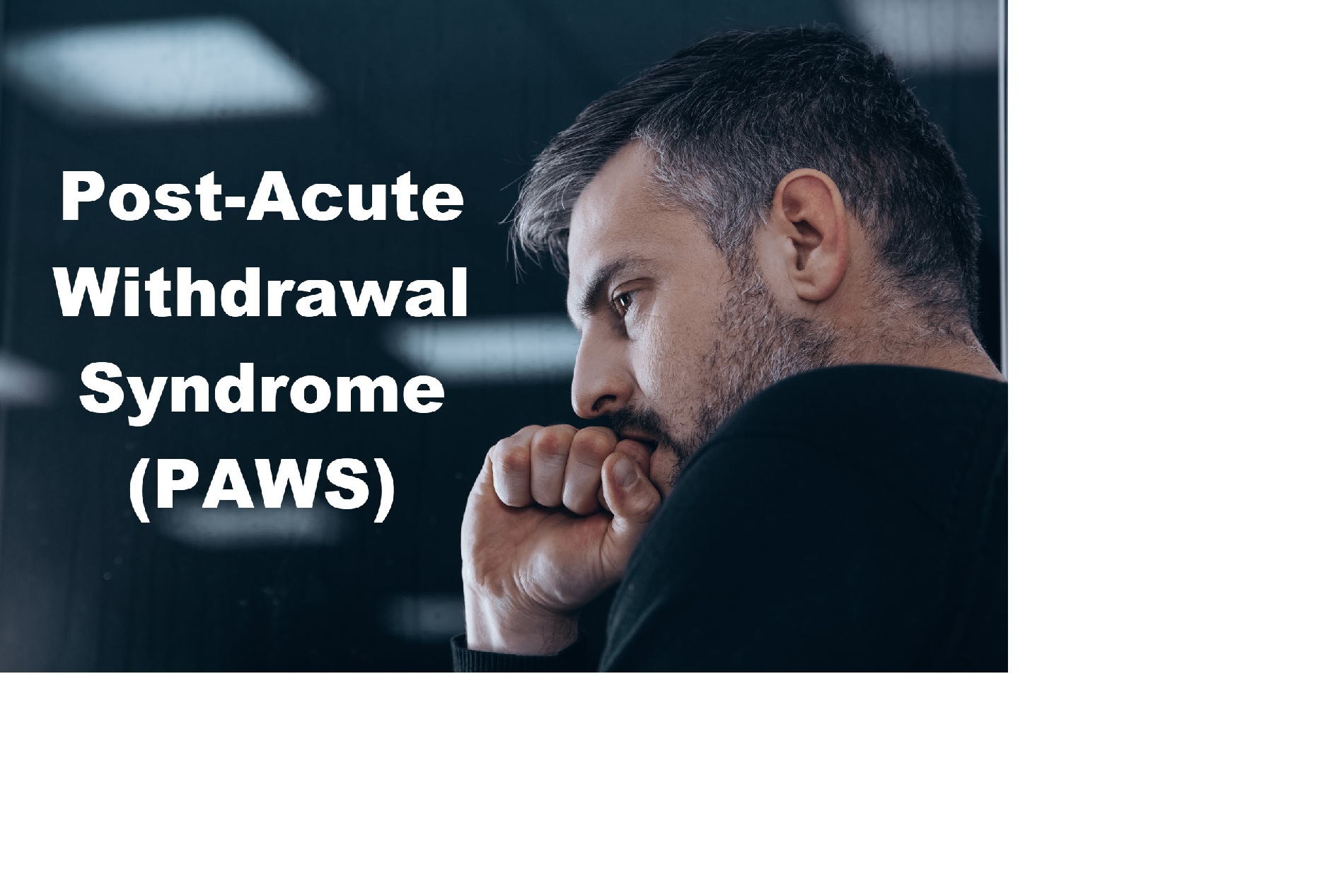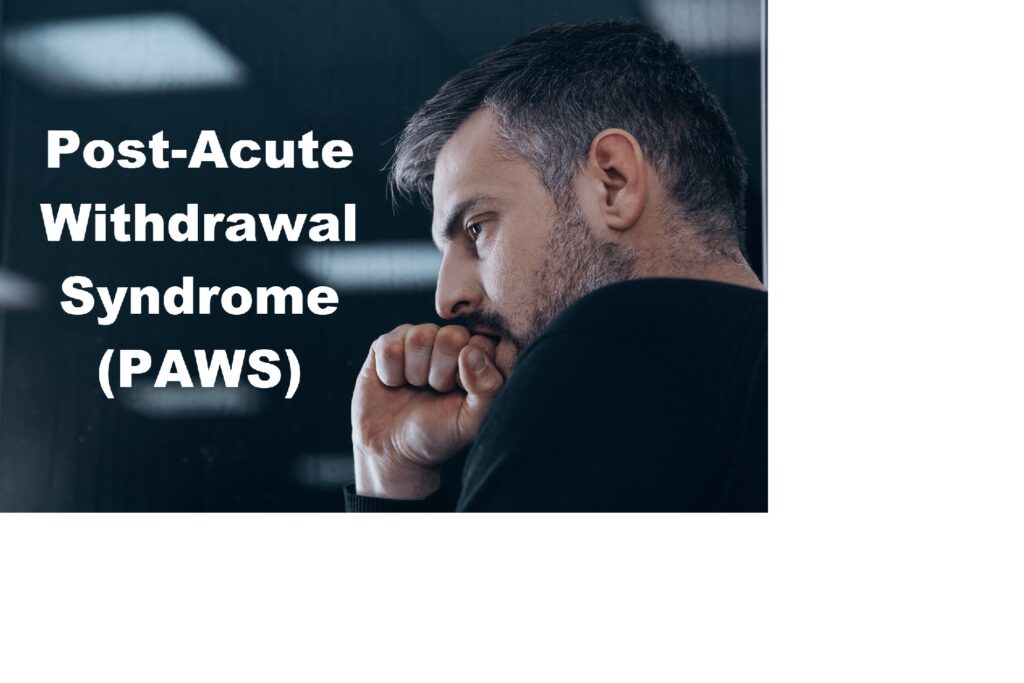Post Acute Withdrawal Syndrome (PAWS) is a group of symptoms that arise after someone has finished going through withdrawal from alcohol or drugs and is now sober and in early recovery.
Why does PAWS occur?
PAWS is a group of symptoms that results from a combination of the damage to the nervous system caused by alcohol or drugs and the stress of coping with life without alcohol or drugs. The severity of PAWS depends on two things: the amount of brain dysfunction caused by the addiction and the amount of stress one experiences in recovery. The symptoms can begin one to two weeks into sobriety and usually grow to peak intensity over the next three to six months. The damage is usually reversible, meaning the majority of symptoms will go away with time if proper treatment is received. But the adjustment doesn’t occur rapidly. Healing the damage to the nervous system usually takes at least six months or longer with the assistance of a healthy recovery program.
What are the symptoms of PAWS?
There are six sets of symptoms that make up PAWS, although not everybody experiences every one of them all the time and not with the same severity. These symptoms are: 1. Inability to think clearly (including difficulty with concentration); 2. Memory problems (especially with short-term memory); 3. Emotional overreaction or numbness (including unexplained mood swings); 4. Sleep disturbances (including unusual or disturbing dreams); 5. Physical coordination problems (occasionally making someone appear drunk even though they haven’t been drinking); and 6. Problems in managing stress.
The role of stress and treatment in PAWS
Issues relating to stress play a particularly important role in recovery. Recovery itself is a very stressful process because of all the changes one needs to make. Increased stress causes worsening of PAWS symptoms and the worsening of PAWS itself increases stress, which makes it more difficult to deal with the stress. This can thus create a classic vicious circle. Much of a successful recovery program revolves around the recognition of and management of stress. That’s where medication and individual counseling and group therapy and mutual support groups can lend a hand. It’s in these settings that one can learn new techniques and abilities such as relaxation exercises and coping skills to help one manage stress and PAWS symptoms when they occur.
If you are struggling with chronic pain and opioid use and are looking for answers, please contact us today.





